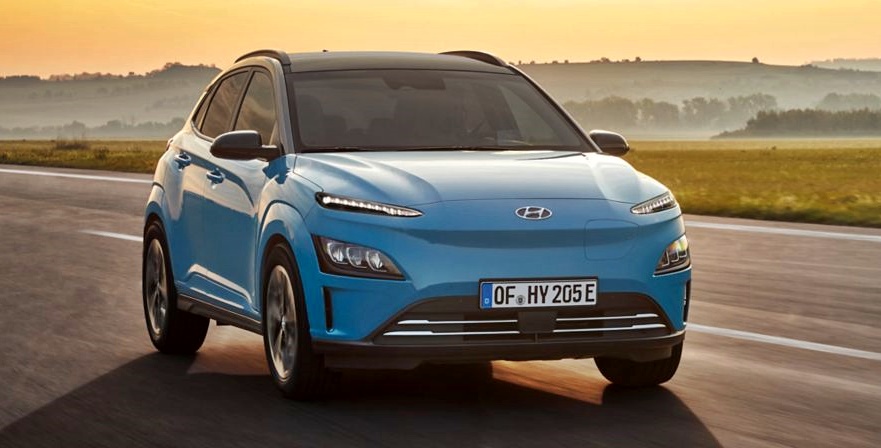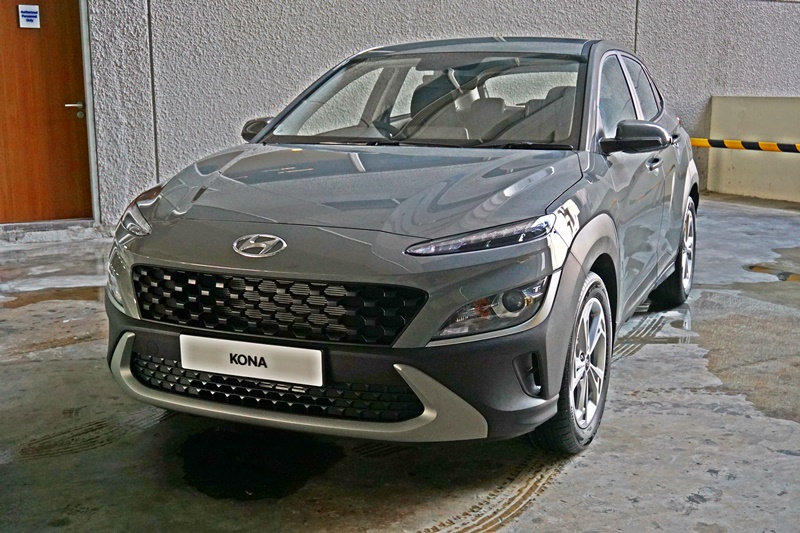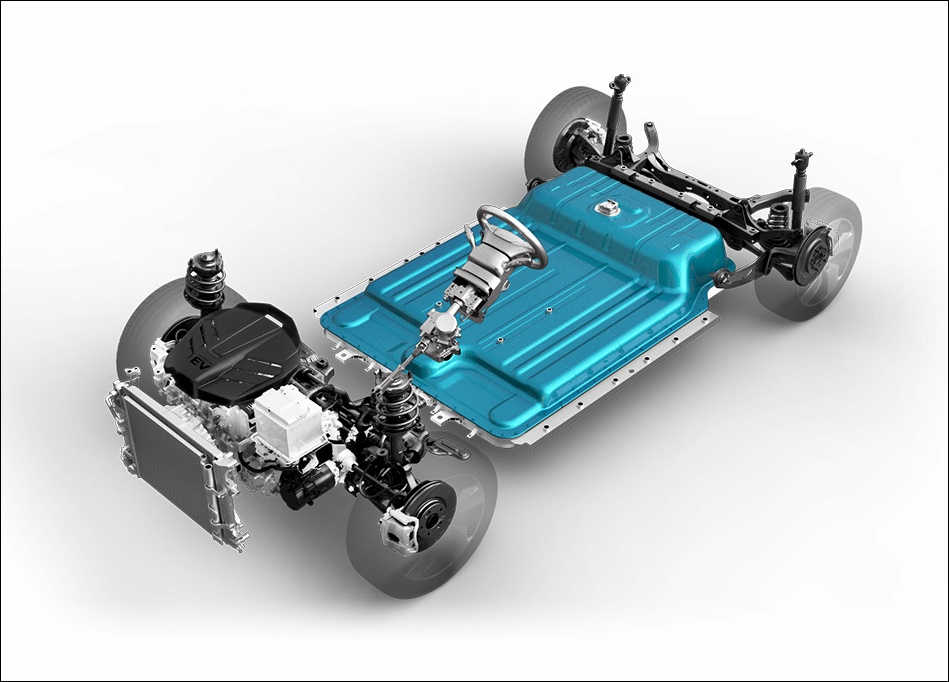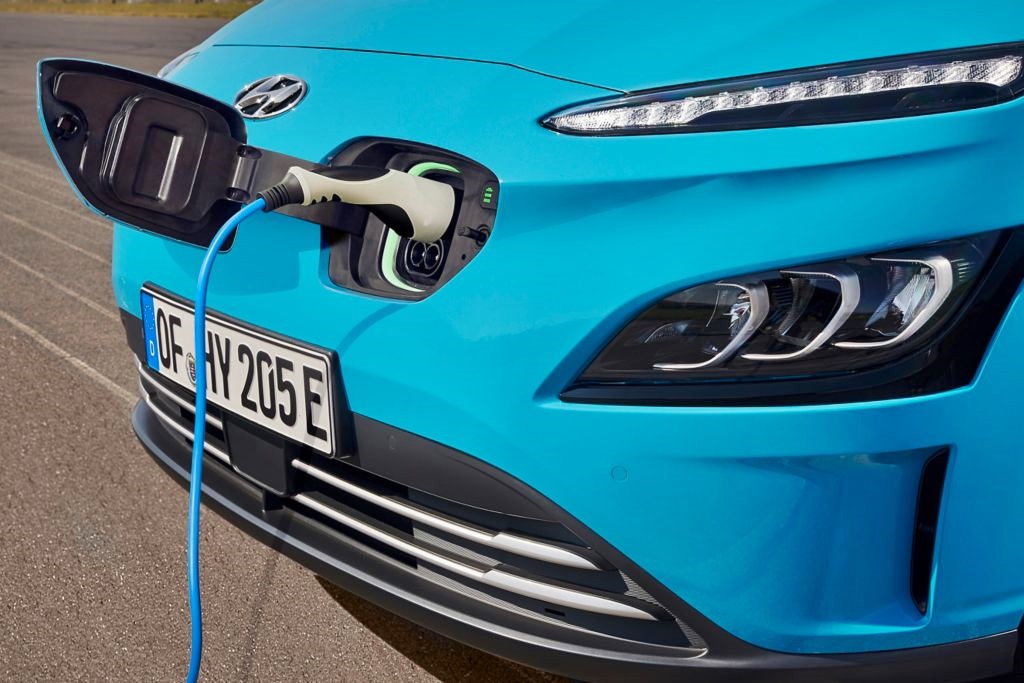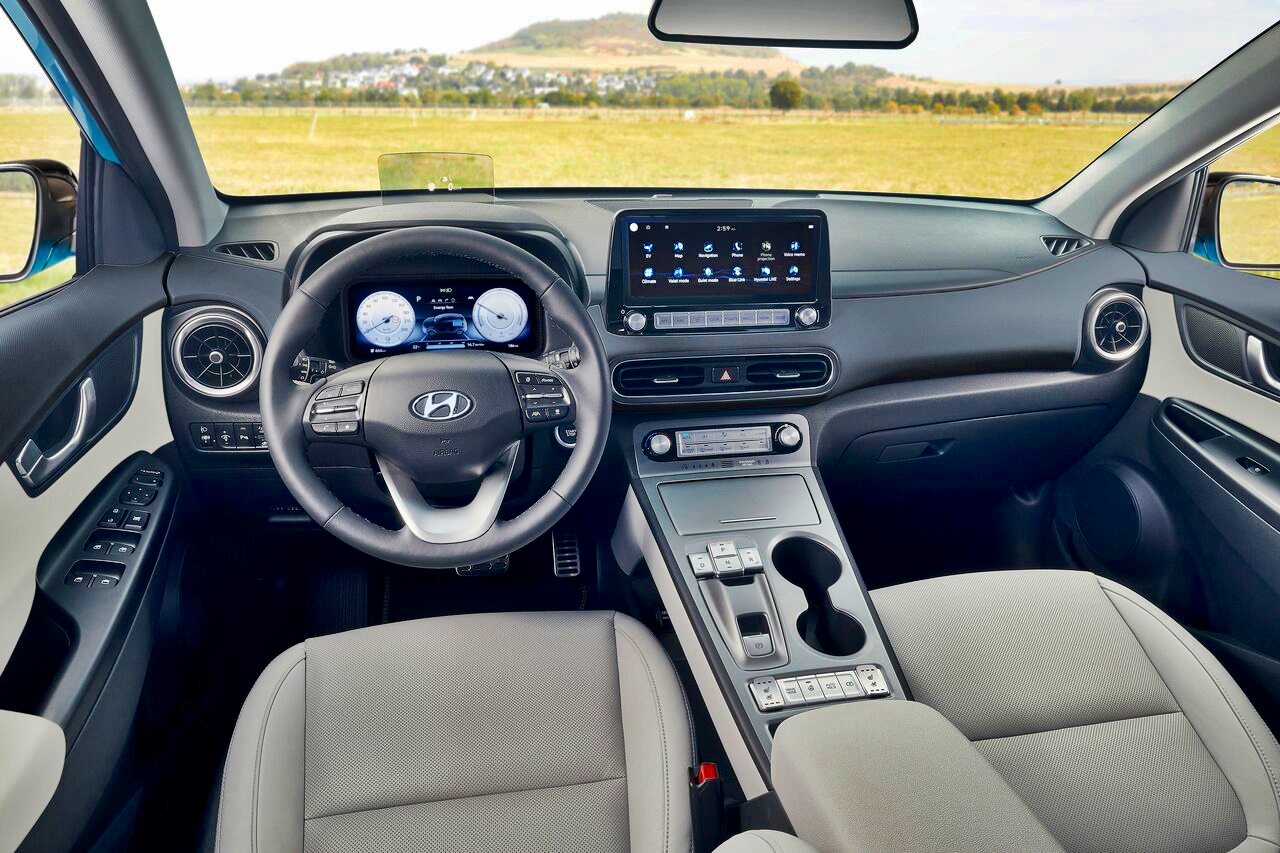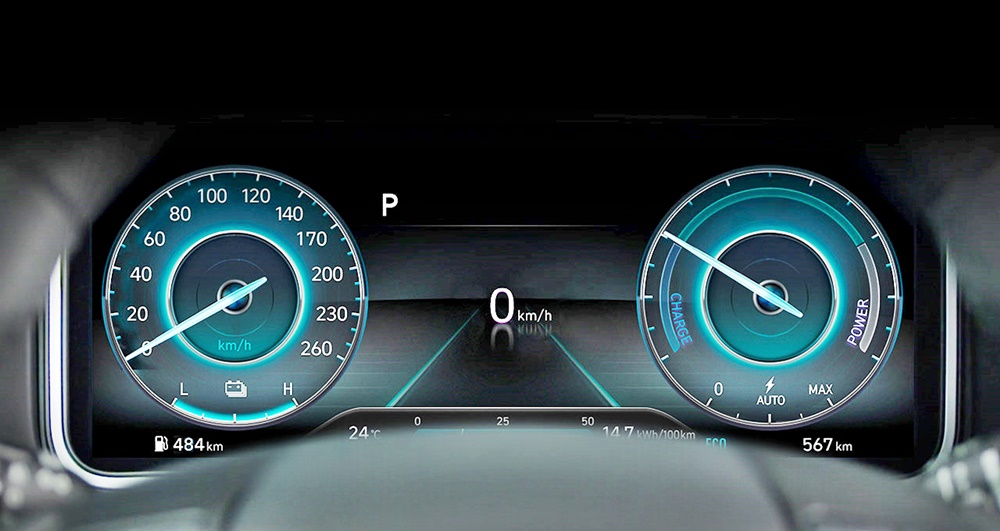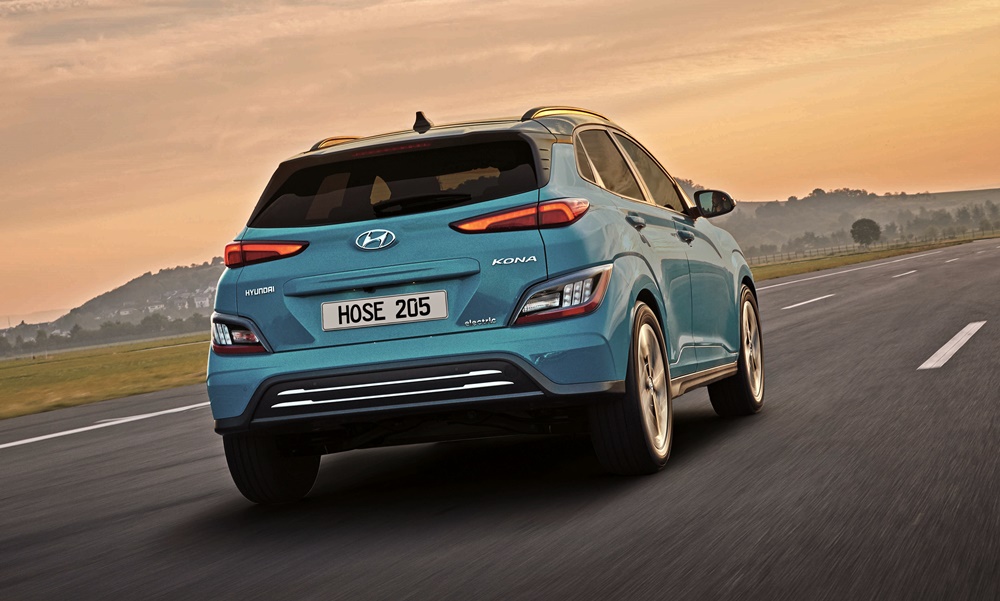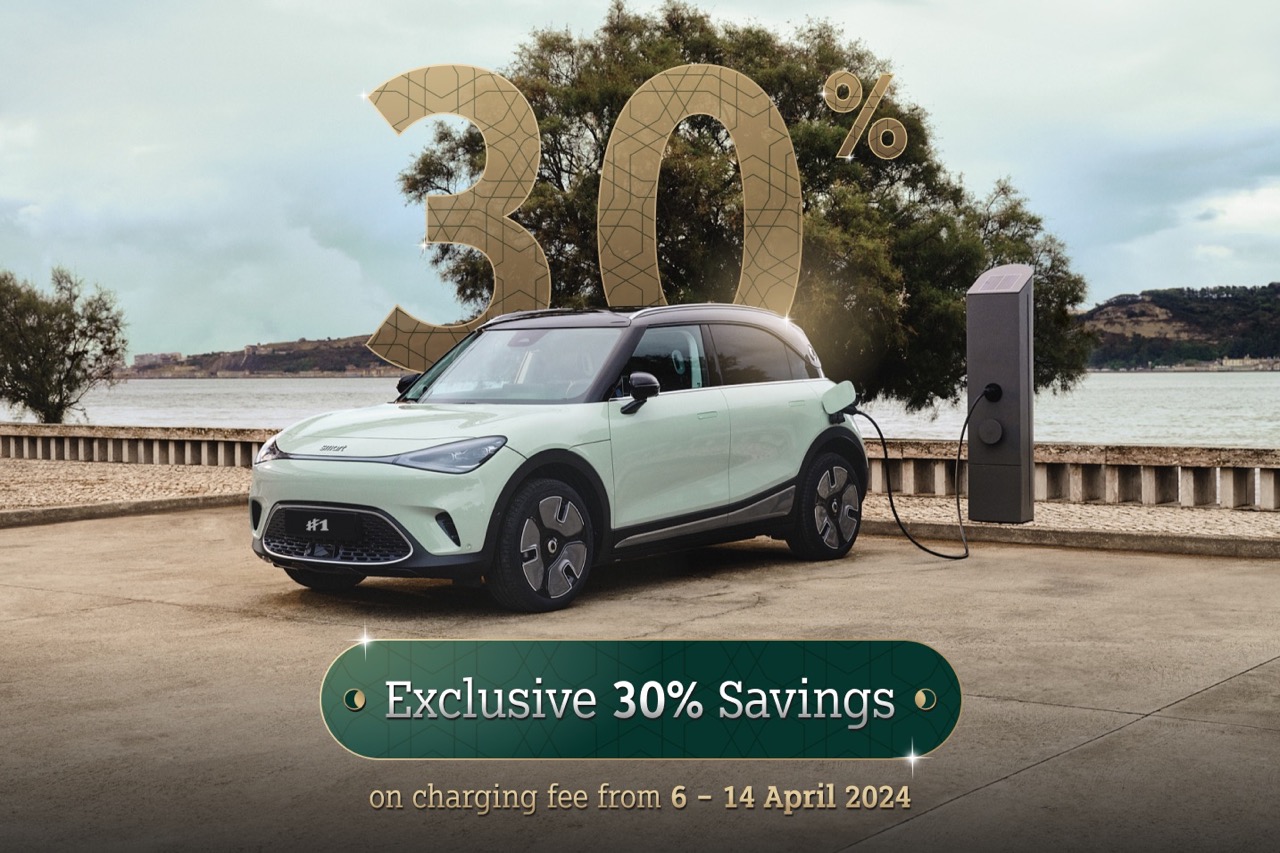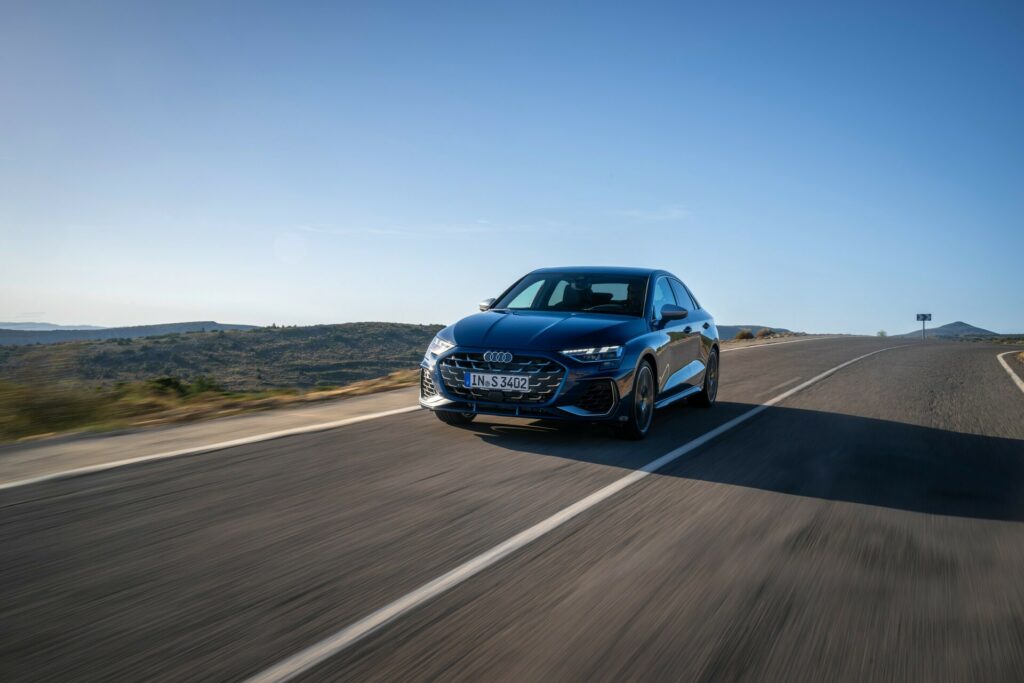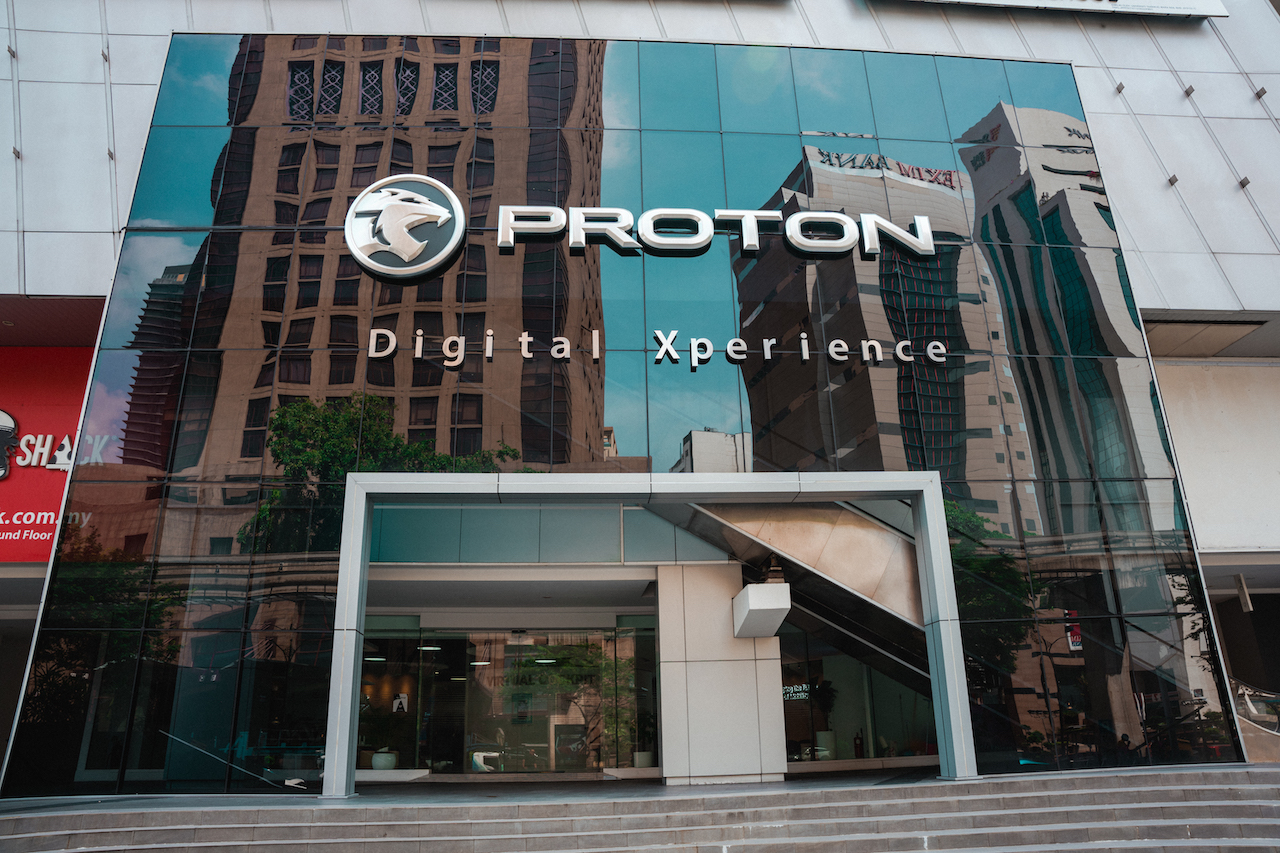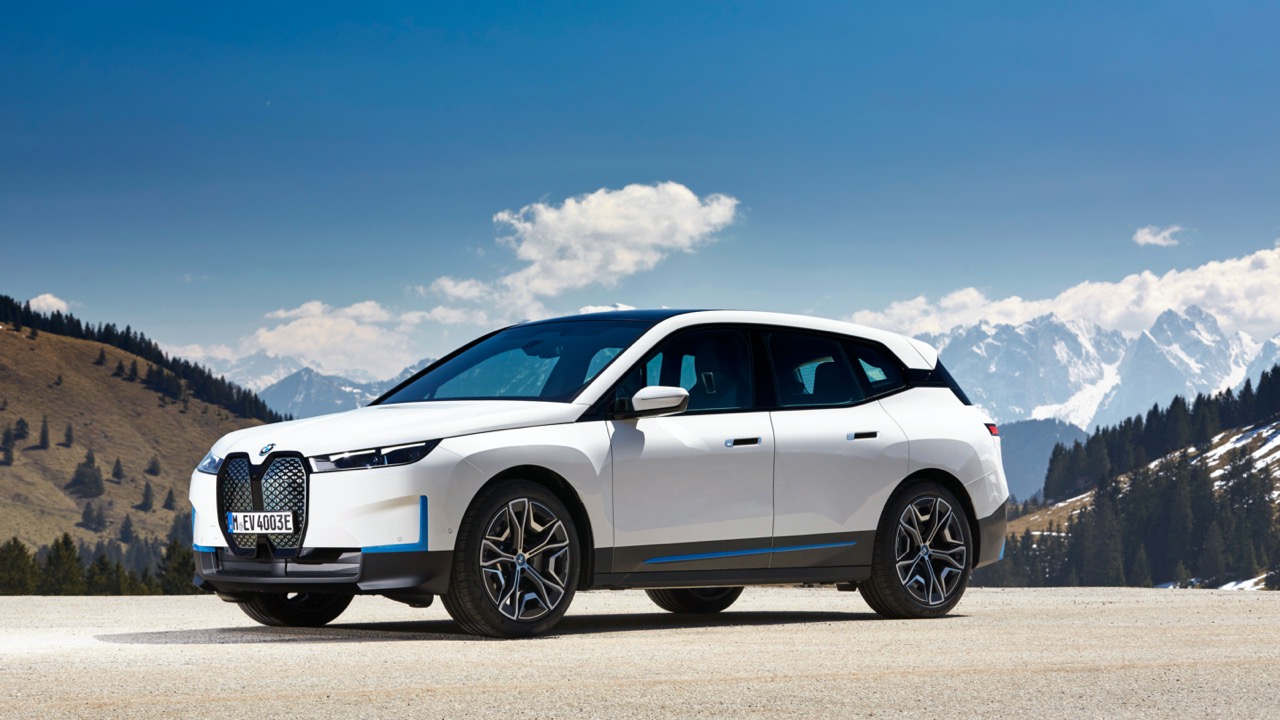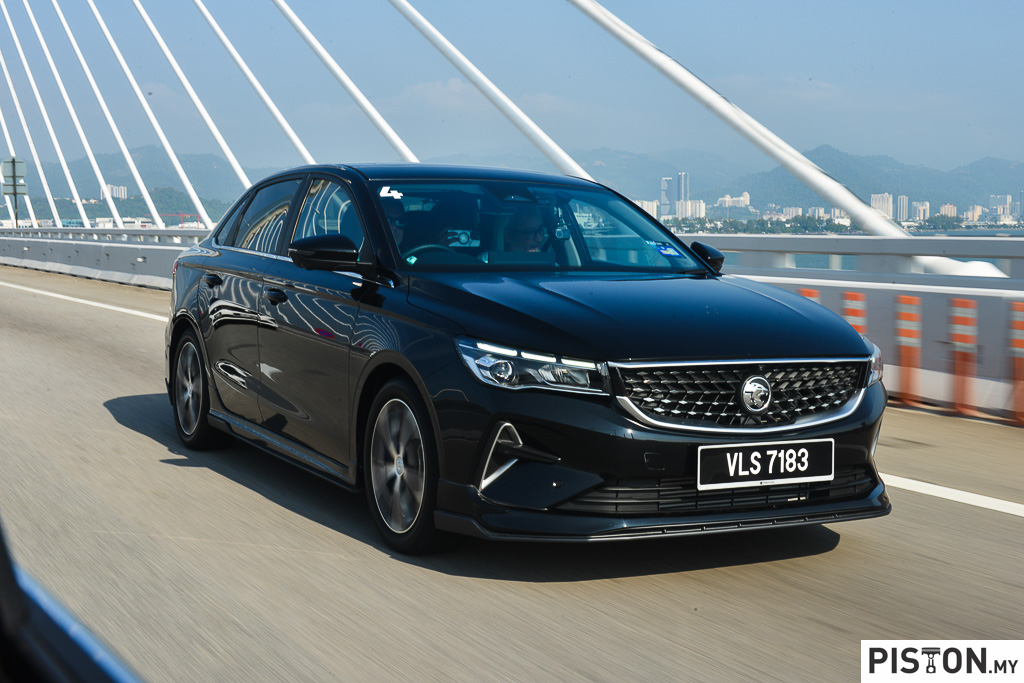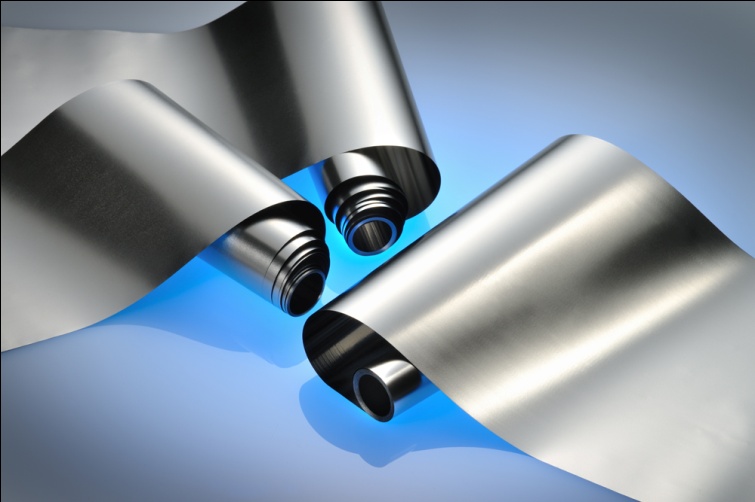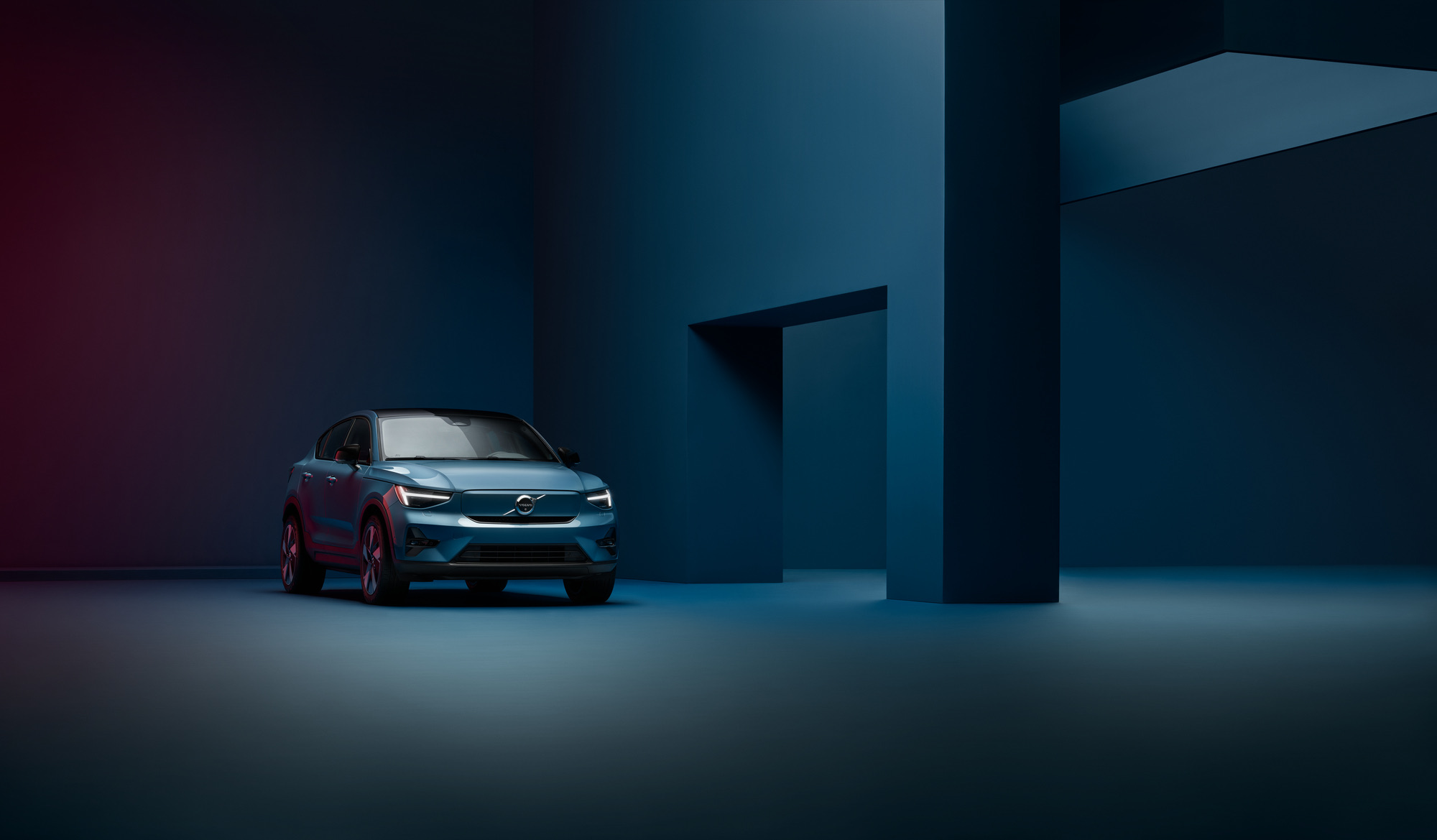Hyundai-Sime Darby Motors (HSDM) has been quick to respond to the exemption of all import and excise duties for electric vehicles (EVs) announced just last Friday by the government for the proposed 2022 Budget. The exemption will certainly make fully electric vehicles more affordable, hopefully spurring interest among Malaysians to switch to them.
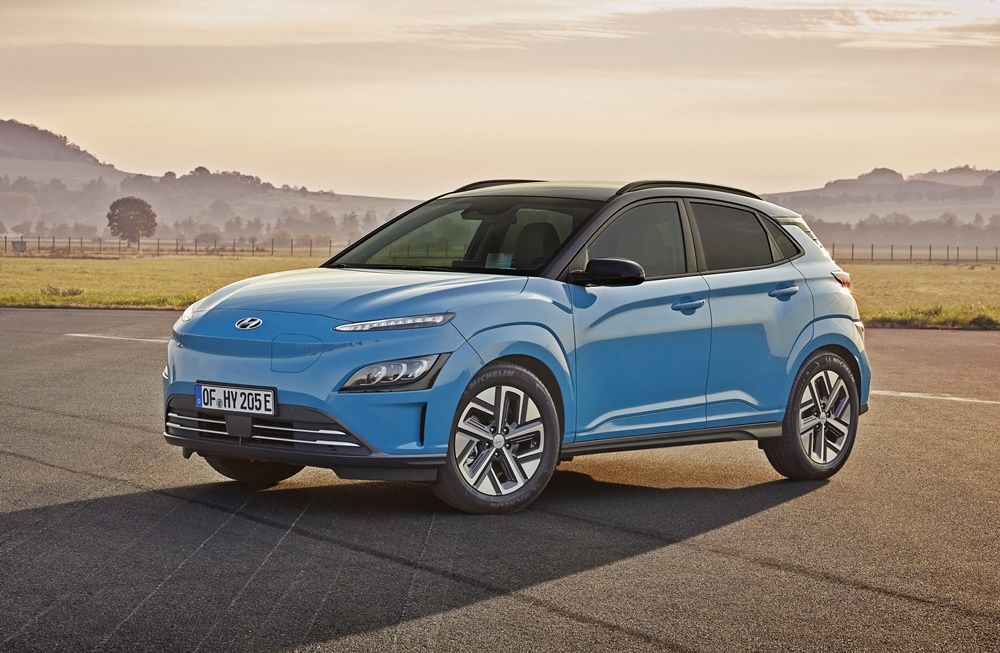
More attractive pricing without taxes
Later this month, HSDM will begin selling the Hyundai Kona Electric, the fully electric version of the Kona SUV already sold in Malaysia since April this year. With the exemptions (normally a privilege given to royalty and diplomats), the model is expected to cost less than RM150,000 in standard form. This compares favourably with the version using a 2-litre Smartstream petrol engine that are priced at RM119,888 and RM136,888 (without insurance and 50% exemption on sales tax).
Customers will have a choice of two lithium-ion battery packs (at different prices, of course). The more powerful one will have storage capacity of 64 kWh for longer range while the alternative pack will have 39.2 kWh. With a fully charged pack, range claims are 484 kms and 305 kms, respectively, although this would depend on driving style and conditions, just like with combustion engines.
47 minutes recharging time
What would be of more importance to owners would be recharging time, something which will have to be a daily practice – just like charging your phone overnight. Hyundai claims that it should take around 47 minutes to recharge from 10% to 80% using a 100kW direct current (DC) fast charger.
The Kona Electric also has an optional 11-kW 3-phase on-board charger. This allows for significantly shorter charging times using public 3-phase AC charging stations or with a private compatible wall box at home. Drivers also have the option of charging their car at a compatible regular household power socket using the ICCB-cable (in-cable control box).
Things to consider buying an EV
Owning an EV will have to be carefully considered by those interested in having such vehicles. While you will certainly save on fuel costs and help save the planet, your personal circumstances will be a factor. If you live in a condo complex or apartments, you may not have a place to recharge your vehicle if the property owner does not provide convenient power points. Then you will have to rely on public recharging stations which, at this time, are not exactly plentiful. The situation will change in coming years, but it cannot be predicted how fast the private sector will develop the recharging network.
Visually, the Kona Electric resembles the other versions but has its own bumper, wheel and headlight designs. The front end is also more ‘sealed’ since the traditional grille is not needed for cooling purposes.
The interior has a similar horizontal layout as the other versions with new ambient lighting. The instrumentation reflects the EV-nature of the vehicle, with the tachometer space occupied by a meter showing the battery charge and power levels. There’s also a gauge to let the driver know how much range is left with the energy in the battery pack.
Performance-wise, the electric motor of the Kona Electric can generate 150 kW (equivalent to 204 ps) of power and 395 Nm of torque. You don’t get the sub-5 second times that you often read about with EVs, but it can go from 0 to 100 km/h in a claimed 7.9 seconds. The strong point about EVs is that all the torque is available from standstill so acceleration is exceptionally quick.
The Kona Electric is one of the early models in the growing range of EVs by Hyundai. The Korean carmaker plans to introduce 12 new fully electric models by 2025 and reach a sales volume of 560,000 EVs annually. Its entire line-up will be electrified globally by 2040, by which time it expects to capture 8% to 10% of the global EV market.
Hyundai Kona Electric gets listed in Guinness World Records for altitude achievement



